The post is not a legal advice. It is rather a few thoughts on the topic of screenshots and law.
Get a professional advice
Consult with a lawyer or a legal expert to get a professional advice on your specific use case. ScreenshotOne doesn’t take responsibility for the legality of your use case. ScreenshotOne is a tool to screenshot, and how it is used is up to you. Do not use it for illegal purposes or violate any law in any way in any jurisdiction.
Laws around screenshots can vary widely between jurisdictions. What’s legal in one country might be illegal in another. For example, the EU’s GDPR or California’s CCPA may apply to screenshots that contain personal data, even if you’re not based in those regions.
Depends on the use case
If you are going to screenshot your website and resources under your control, there might be no questions at all, but what if you are going to screenshot a website that is not under your control? And basically any random public website?
Misusing screenshots, especially for commercial use, defamation, or copyright infringement, can result in takedown requests, account suspensions, DMCA notices, or even lawsuits.
Always respect Terms and Services
Legal issues aren’t just about copyright law – websites have Terms of Service (ToS) that may restrict automated access, scraping, or screenshots. When you use a site (especially if you click “agree” to something), you may be entering a contract. Breaching those terms can lead to consequences from the website owner, ranging from revoked access to legal action for damages.
Always respect the Terms and Services of the website you are screenshotting. If it is prohibited by the website Terms of Service, don’t do it.
Responsible use of automation tools
If you’re automating screenshots,remember that automated bots can be detected and blocked. Excessive requests might be seen as scraping or abuse, even if you’re only capturing visuals. Use rate limits and avoid interfering with site performance.
Respect copyright and get permission if needed
If you want to use a screenshot in a way that doesn’t clearly fall under fair use or an exception, consider reaching out for permission. Many site owners will be fine with you showing a snapshot of their site (it can even be free publicity), especially if you credit them. When in doubt, it’s safer to ask. This is particularly true for using screenshots in commercial materials (e.g., in marketing or in-app assets). And obviously, never try to pass off someone else’s web content as your own.
Keep in mind that “fair use” is a legal defense, not a right. Just because your use feels fair doesn’t mean a court will agree. Commercial intent, amount of content copied, and the effect on the original work’s value all matter.
Protect personal data
Treat any personal information in screenshots as you would any sensitive data. That means storing it securely (encrypted if appropriate), limiting who can see it, and not keeping it longer than necessary.
If you’re going to publish a screenshot containing someone’s data, consider anonymizing it. For instance, hide usernames or faces unless they are central to the story.
Always follow privacy laws for the regions your project touches.
Conclusion
In short, take screenshots responsibly. Think about copyright, contracts, privacy, and ethics. It is not enough to think about what’s technically possible. Follow the laws and regulations.


